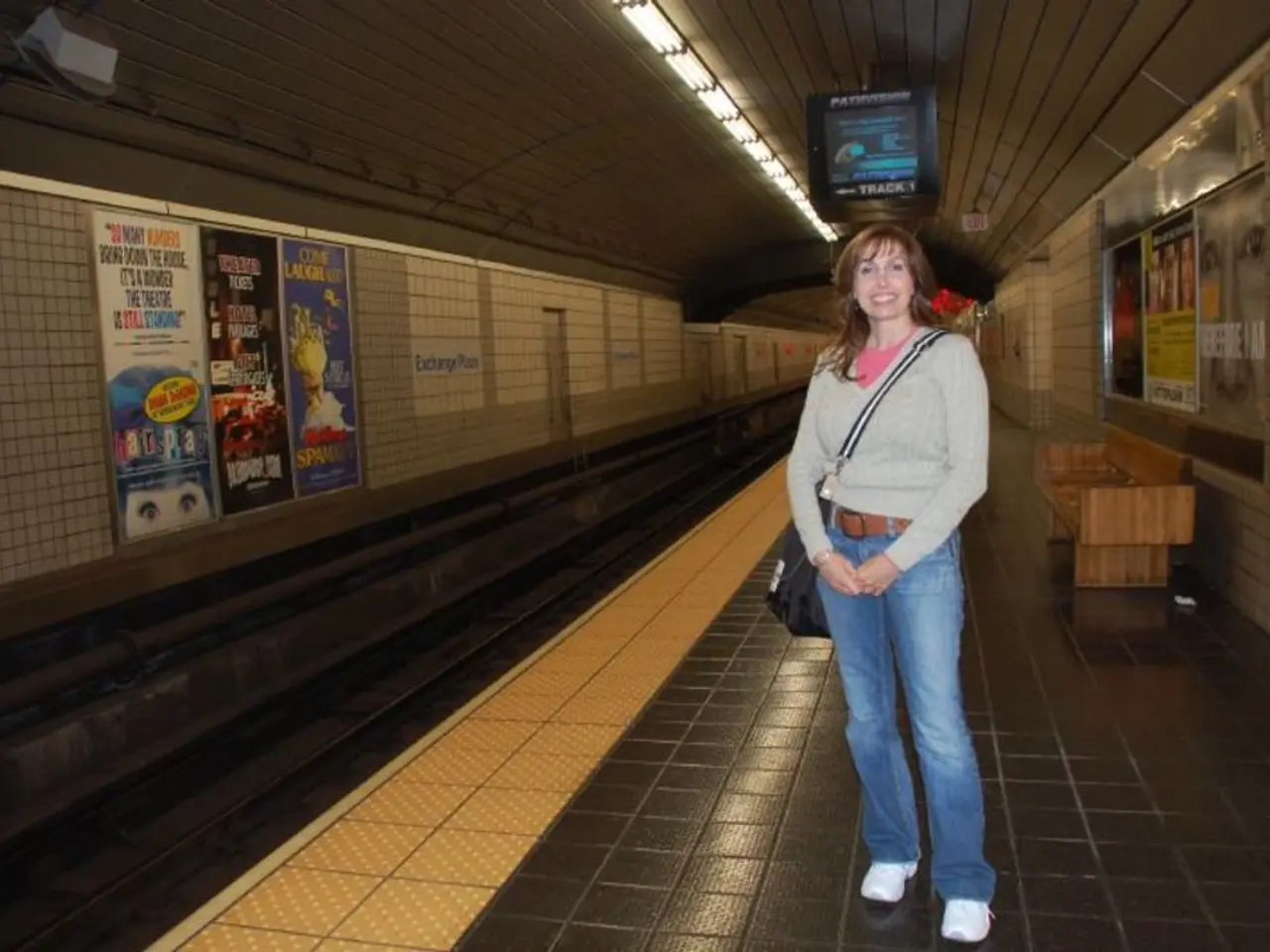Advocates, including female representatives and individuals with disabilities, along with the Council for Integration, have pushed for a robust and secure social labor market in Bremen, emphasizing the need for improved conditions.
Bremen and Bremerhaven are urging a comprehensive, interdepartmental strategy to ensure that vulnerable groups, including people with disabilities, refugees, migrants, and single parents, are not left behind in the face of federal budget cuts and changes in labor market policies.
The strategy, spearheaded by the Bremer Aufbau-Bank (BAB), aims to foster cooperation among various city departments and organizations to address social inclusion and employment opportunities. Key areas of focus include job retention and creation, affordable housing, sustainability, and energy transition, and collaboration between promotional banks, local banks, and savings banks to support the socioeconomic agenda.
The strategy is expected to involve the coordinated deployment of financial incentives, infrastructure projects, and social services targeted at marginalized groups to enhance their employment opportunities and social inclusion. This integrated approach aims to mitigate the impact of reduced federal financial support.
The emphasis on this strategy is rooted in the constitutional guarantees of human dignity and the principle of the social state, as stated in the coalition agreement for the current legislative period. Ensuring participation through a Social Labor Market is considered an unavoidable path.
Many projects have proven successful in connecting people to social life and developing key qualifications for entering socially insured employment. However, with fewer federal and EU funds available next year for integrating people into the labor market, there is a growing concern that people who are far from the labor market may be left alone and could fall into existential difficulties.
Job centers will focus their measures primarily on labor market proximity, leaving projects in the districts that cater to people with different support needs at risk. These projects serve as advice and support centers for all residents, establish contacts with those who would otherwise not be reached, and provide places of togetherness and self-empowerment, creating a social infrastructure that would otherwise not exist.
Key stakeholders, including the State Women's Representatives, the State Commissioner for the Disabled, and the Bremen Integration Council, support strengthening the social labor market in the Free Hanseatic City. The concern is that, without this strategy, people with different support needs may be left behind, fall into existential need, and social cohesion in Bremen and Bremerhaven may deteriorate.
In summary, Bremen and Bremerhaven are calling for a coordinated interdepartmental strategy that integrates economic support, social inclusion programs, and infrastructure development to secure and expand employment opportunities and inclusion for vulnerable groups, despite tighter federal budgets and evolving labor market frameworks.
- To guarantee the well-being of all residents, especially marginalized groups like women and men, the strategy should extend its focus beyond job retention and creation to include health-and-wellness initiatives, such as providing resources for womens-health and mens-health facilities.
- The comprehensive strategy, in its continued pursuit of social inclusion and employment opportunities, ought to consider collaborating with organizations specializing in health-and-wellness sectors, as this intersection could potentially aid in addressing both economic and social disparities in Bremen and Bremerhaven.




